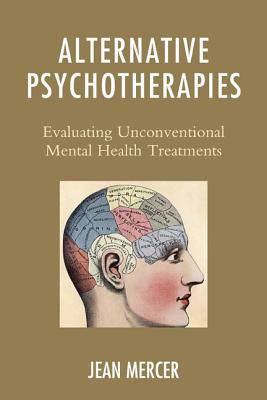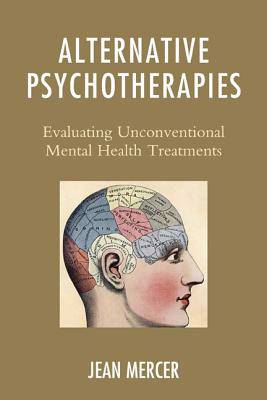
- Afhalen na 1 uur in een winkel met voorraad
- Gratis thuislevering in België vanaf € 30
- Ruim aanbod met 7 miljoen producten
- Afhalen na 1 uur in een winkel met voorraad
- Gratis thuislevering in België vanaf € 30
- Ruim aanbod met 7 miljoen producten
Zoeken
Alternative Psychotherapies
Evaluating Unconventional Mental Health Treatments
Jean Mercer
Hardcover | Engels
€ 203,95
+ 407 punten
Omschrijving
In this book, Jean Mercer evaluates a series of unconventional and potentially harmful psychological treatments that are rarely mentioned in the profession's literature. Mercer guides readers to an understanding of alternative psychotherapies that will help them advise clients with respect to existing and newly-emerging unconventional treatments.
Specificaties
Betrokkenen
- Auteur(s):
- Uitgeverij:
Inhoud
- Aantal bladzijden:
- 238
- Taal:
- Engels
Eigenschappen
- Productcode (EAN):
- 9781442234918
- Verschijningsdatum:
- 30/07/2014
- Uitvoering:
- Hardcover
- Formaat:
- Ongenaaid / garenloos gebonden
- Afmetingen:
- 160 mm x 237 mm
- Gewicht:
- 494 g

Alleen bij Standaard Boekhandel
+ 407 punten op je klantenkaart van Standaard Boekhandel
Beoordelingen
We publiceren alleen reviews die voldoen aan de voorwaarden voor reviews. Bekijk onze voorwaarden voor reviews.








